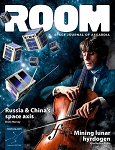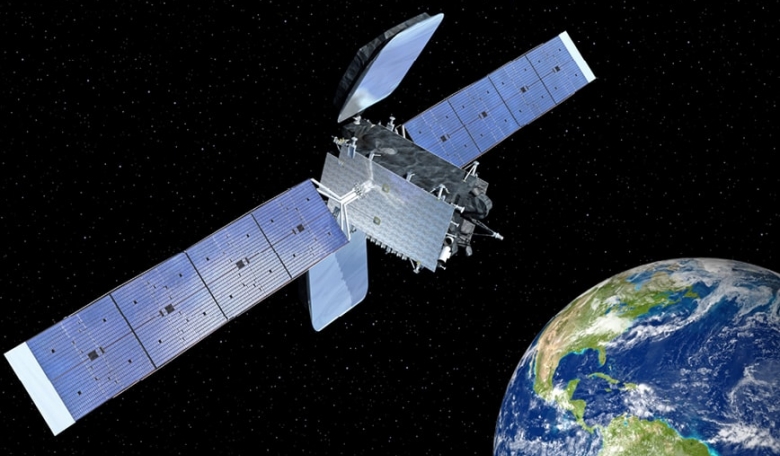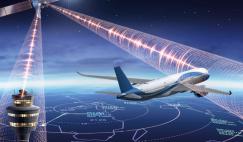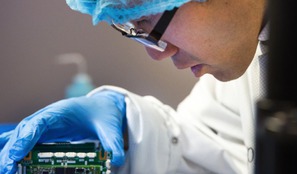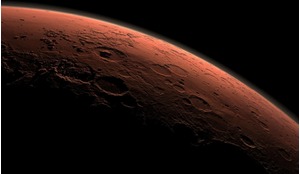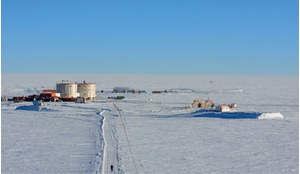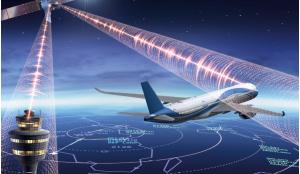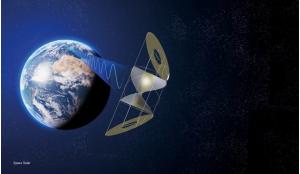Imagine if cars, once they first hit the road, were expected to run without any assistance or servicing until the end of their lives. It conjures up images of mountains of scrap iron, kept in check only by the unaffordability of car ownership for the masses. This is the status quo in satellites - but in-orbit servicing is about to change everything. It promises to swap the prohibitive capital expenditure requirements for more manageable operational expenditure, eliminating fuel waste and opening up commercial satellite opportunities for new types of organisations.
Those new organisations will underpin the future space economy, projected by US bank Merrill Lynch to be worth trillions of dollars in 20 years’ time. In January this year, market research firm, Northern Sky Research, published its In-Orbit Servicing Markets report that concluded that by 2028 the market will be worth US$3 billion, with life extension driving much of this revenue.
This new market will be realised, first in Geosynchronous Earth Orbit (GEO) and then medium and low Earth orbit (LEO), through logistics. Those space-based ‘cars’, forever on the road, that have been creating new businesses for decades with their downstream data for weather and environmental monitoring and agriculture and traffic management, will be resupplied and upgraded for greater revenue. In the first phase of this new GEO economy, small satellites will provide the logistics required.


